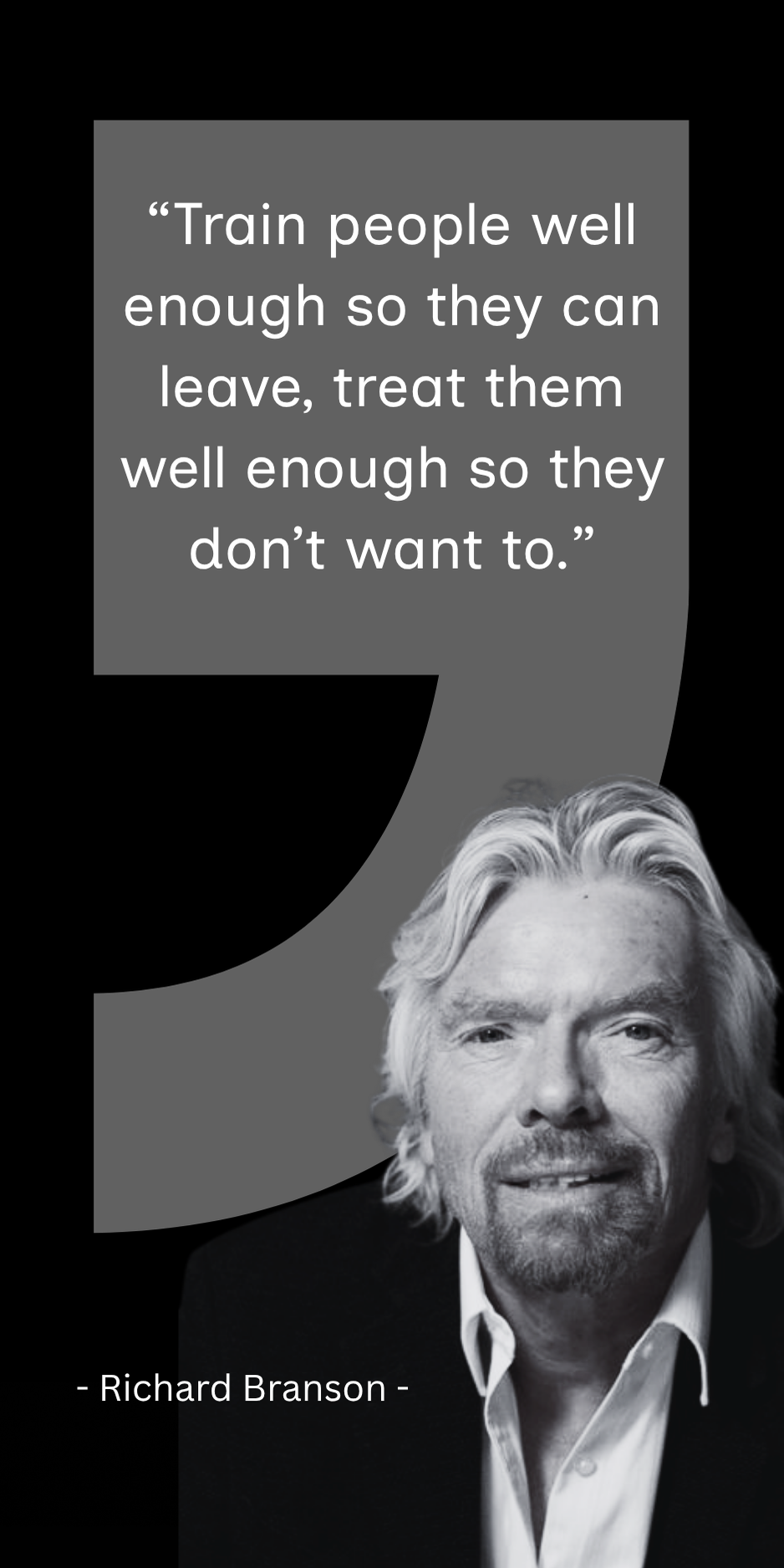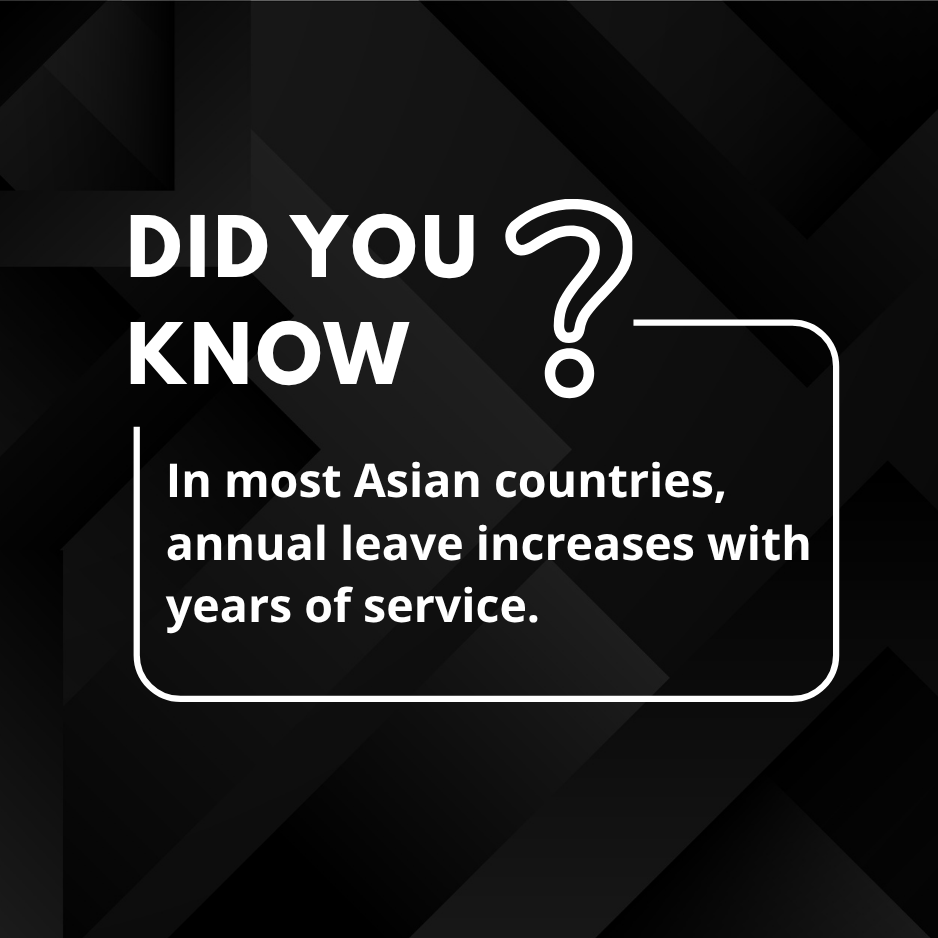Now Reading: The Sri Lankan Smile: How Warmth Shapes Workplace Culture
-
01
The Sri Lankan Smile: How Warmth Shapes Workplace Culture
The Sri Lankan Smile: How Warmth Shapes Workplace Culture

Sri Lanka is known as one of the most amicable countries on earth, quite often. Visitors remember the “Sri Lankan smile” that is always there along with the warmth, which is a reflection of hospitality of the highest kind, empathy, and the quality of being receptive. This cultural characteristic, which has been formed by the healing influence of Buddhism, the close community relationships of villages, and the peaceful and mutual existence of different ethnic groups for centuries, is not just common behavior among people. It is a great source to the companies that wish to bring back the human aspect in their work, to the customer service departments that wish to be strengthened by the quality of their team and to the organizations that want to have committed employees.
At the place of work, a warm gesture is more than just a sign, it is a form of emotional intelligence that has an impact on the trust, cooperation and loyalty of the people. For HR managers, making warmth of the Sri Lankan style a part of the corporate culture could really differentiate the company from the rest of the competitors.
Warmth as a Cultural and Organizational Strength
One of the characteristics of the Sri Lankan society is that it has been very hospitable for a very long time. The practice of offering a guest tea, eating what you have in common with neighbors, or greeting strangers with a smile is nothing less than a manifestation of a relational worldview. This also synchronizes with Hofstede’s cultural dimension of collectivism, where the characteristics of being a member of a group and human connection are the main themes, as opposed to the ones of individualism.
Going further with this metaphor to the organization, warmth would be a central feature of corporate culture. “A staff member that would feel included and appreciated might tend toward engagement and motivation”. “In the same manner, where an organization is warmly projecting to the outside, it is not only businesses that customers get, but relationships also.” Analysis in the area of the services sector (Parasuraman et al., 1988, SERVQUAL model) argues that perceived empathy and responsiveness, the two factors largely dependent on warmth, have a direct link to improvements in customer satisfaction and loyalty.
The Smile in Customer Service, HR, and Engagement
The warmth of cultural practice influences three main aspects of organizational life.
- Customer Service: The hospitality sector of Sri Lanka survives not only on the friendliness but also on the efficiency, and the two go hand in hand. A smile, customer-empathetic listening, or going beyond the call of the customer’s need are some of the ways that emotional value is made. Warmth is service differentiation, especially in sectors like tourism, retail, and banking, where it is more visible.
- HR Practices: Recruitment, onboarding, and employee relations have had the most benefit from warmth of culture. Welcoming rituals, mentoring programs, and open-door policies are the things that copy the feeling of the Sri Lankan communities. This is consistent with the theory of the psychological contract, whereby fairness and reciprocity are what employees receive from being treated with care.
- Employee Engagement: Warmth enables the establishment of psychological safety (Edmondson, 1999), a place where employees can comfortably disclose their thoughts without fearing that they will be judged. Leaders who smile and are empathetic colleagues help lower the stress level in the workplace and thus team-mounted cohesion is strengthened.
In all these spheres, the Sri Lankan smile is more than just a symbol it is practical, it impacts behaviors, relationships, and results.
HR Tips – Blending Professionalism with Sri Lankan Hospitality
HR leaders need to figure out how to have a culture in the office which is warm and at the same time professional. Make empathy, active listening, and nonverbal communication part of the workshop. Employees learn to mix friendliness with professional boundaries. Adopt warmth as a company’s strength rather than just an individual. It can be present in the company’s mission, evaluation, and reward systems. Little gestures, team lunches, personalized greetings, or creating a mentorship can lead to people feeling comfortable from day one. Customer-facing staff can be trained to handle hospitality scenarios through practice, making the engagement as genuine as possible instead of being predetermined. The daily behavior of the leaders who are warm should be an example, and they should make it clear that professionalism and kindness are not far apart. Employees who are allowed to act according to their culture, which is centered around hospitality, are great performers and also human centered workplaces.
A Culture of Smiles, A Culture of Success
The smile of Sri Lanka is not simply an attraction for tourists. It is a cultural asset that has a positive effect on the corporates of the modern world. Through the embedding of warmth into HR practices, customer service, and team culture, companies can gain in return three crucial elements; engagement, loyalty, and brand identity.
Within an increasingly globalized corporate world where efficiency is often the main focus at the expense of humanity, Sri Lankan workplaces have a special advantage to demonstrate that professionalism can still coexist with kindness. Through the training of employees on how to balance skill and warmth, HR leaders can create the conditions for the smile, the nation’s most distinguishable feature, to become a factor of success in organizations.
Finally, the workplace that is happy is also the workplace that grows. And in Sri Lanka, that smile is already a part of who we are.












